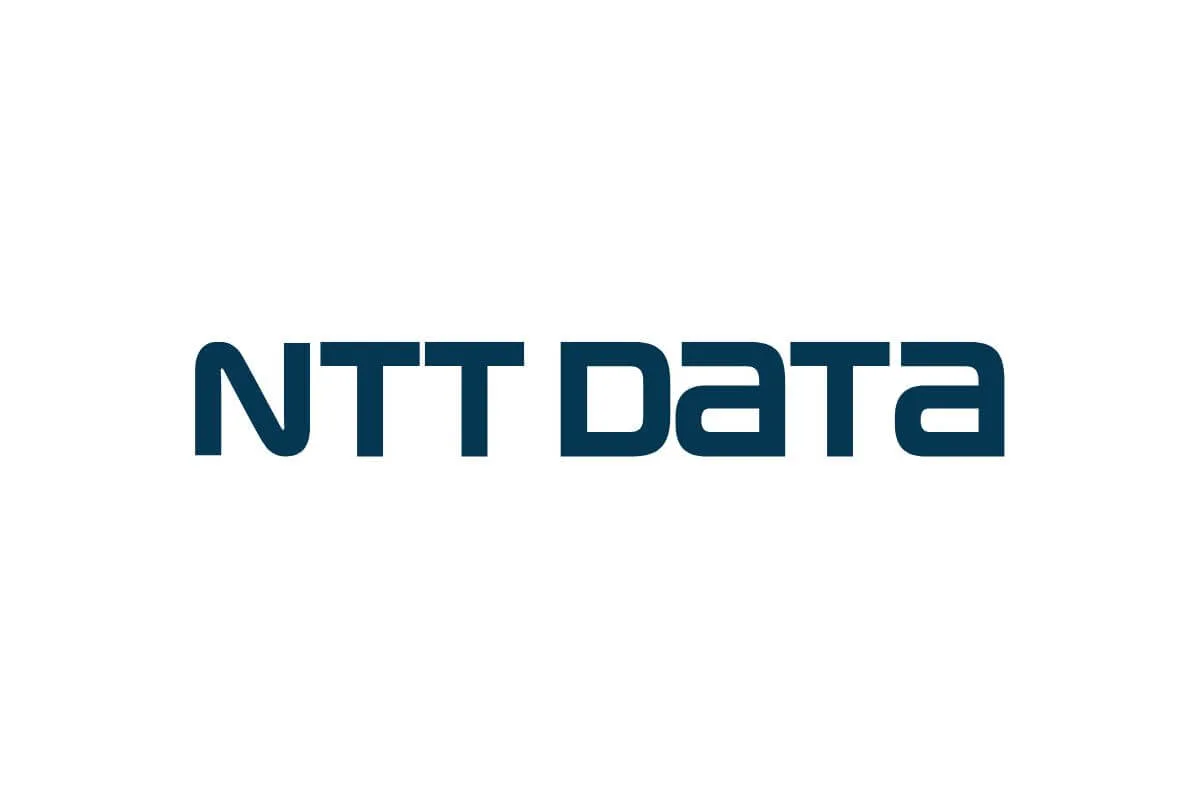
99 percent of organisations are planning further investments in generative artificial intelligence (GenAI), shifting their focus from experimentation to long-term use cases aimed at transforming business performance, workplace culture, compliance, safety, and sustainability, according to findings from the latest study by NTT DATA. The study, titled "Global GenAI Report: How organisations are mastering their GenAI destiny in 2025," found that almost all leaders surveyed already have invested in GenAI, and 83 percent have established "expert" or "robust" GenAI teams.
Also Read: India Leads in AI Adoption, Outpacing Global Average, Says BCG Report
Organisations Embrace GenAI
The digital business and IT services company reportedly said that 100 percent of organisations in India are planning further investments in GenAI. However, only 67 percent of the surveyed organisations in India have established dedicated GenAI teams, according to multiple media reports.
Top GenAI Use Cases Across Industries
The top use cases of the GenAI technology globally include personalised service recommendations, knowledge management, quality control, and Research and Development (R&D), the NTT DATA report said.
Reportedly, in India, the top use cases for GenAI include quality control, risk assessment and fraud detection, personalised service recommendations and knowledge management process automation.
Also Read: AI to Transform Global Economy with Growth and Innovation, Says UBS: Report
"The future is clear. Generative AI is more than just another tool – it's a transformative force," said Yutaka Sasaki, President and Chief Executive Officer of NTT DATA Group. "As we move beyond experimentation, a tension emerges: move too fast, and we risk unintended circumstances; move too slow and we fall behind. Getting GenAI right isn't optional. That's why we're providing a blueprint to help our clients harness its potential for lasting success."
Two-thirds of C-suite respondents said GenAI will be a "game changer" over the next two years and will improve productivity and efficiency, sustainability, compliance, business processes, security and employee experience, according to NTT DATA's findings.
The report also highlighted that 70 percent of CEOs anticipate significant transformation by 2025. Nearly all respondents agree that GenAI can spark creativity and enhance R&D activities.
Barriers to Adoption
However, significant barriers to GenAI's adoption include the need for user training, a lack of employee skills to work with GenAI, concerns about GenAI's safety and security, users who perceive limited value for a GenAI solution, and limited or no awareness of the GenAI solution, user resistance to the technology.
Despite these significant challenges, 68 percent of respondents globally said they feel "excited" and "amazed" about GenAI's transformative potential.
"This is a powerful point in world history as GenAI is shaping up to be a huge force in our tech-enabled economy," said Abhijit Dubey, Chief Executive Officer, NTT DATA, Inc.
Also Read: AI-Driven Transformation to Add 33.9 Million Jobs to India’s Workforce by 2028: Report
NTT DATA Research
The findings are based on a survey of over 2,300 IT and business leaders across 12 industries and 34 countries—including North America, Europe, and India—conducted in late September and early October 2024.















